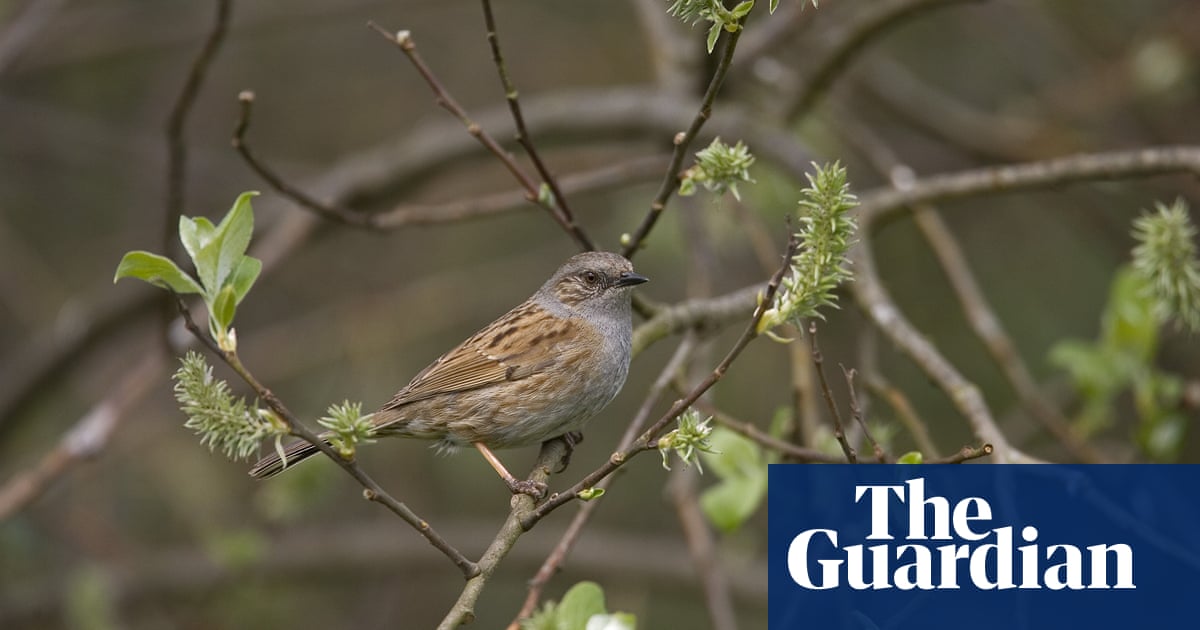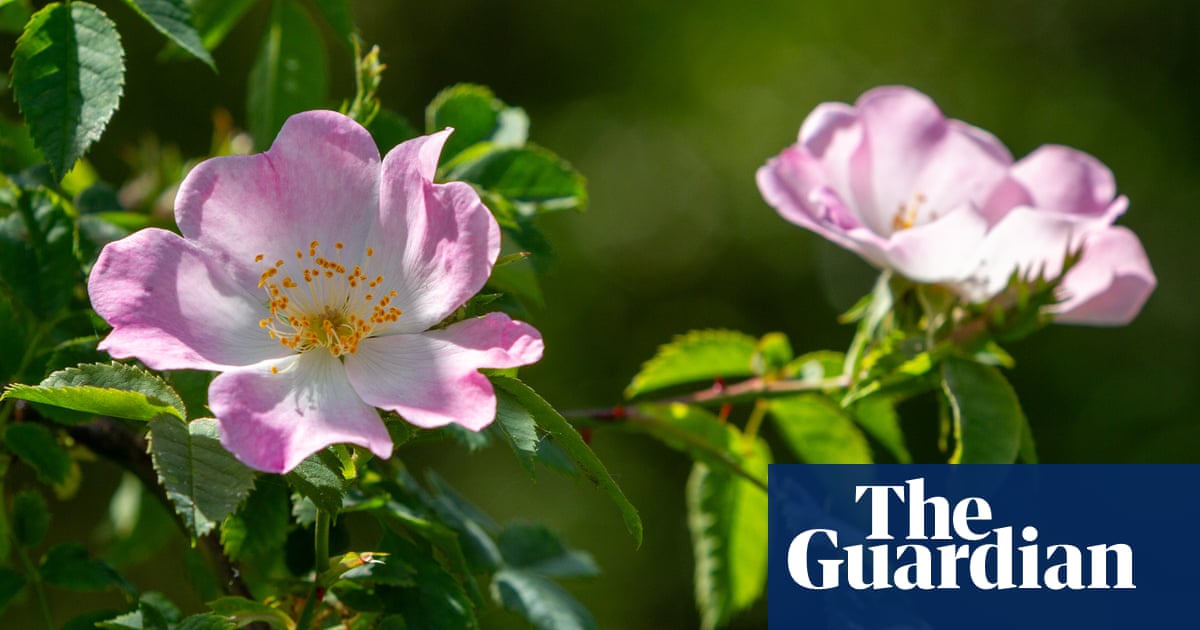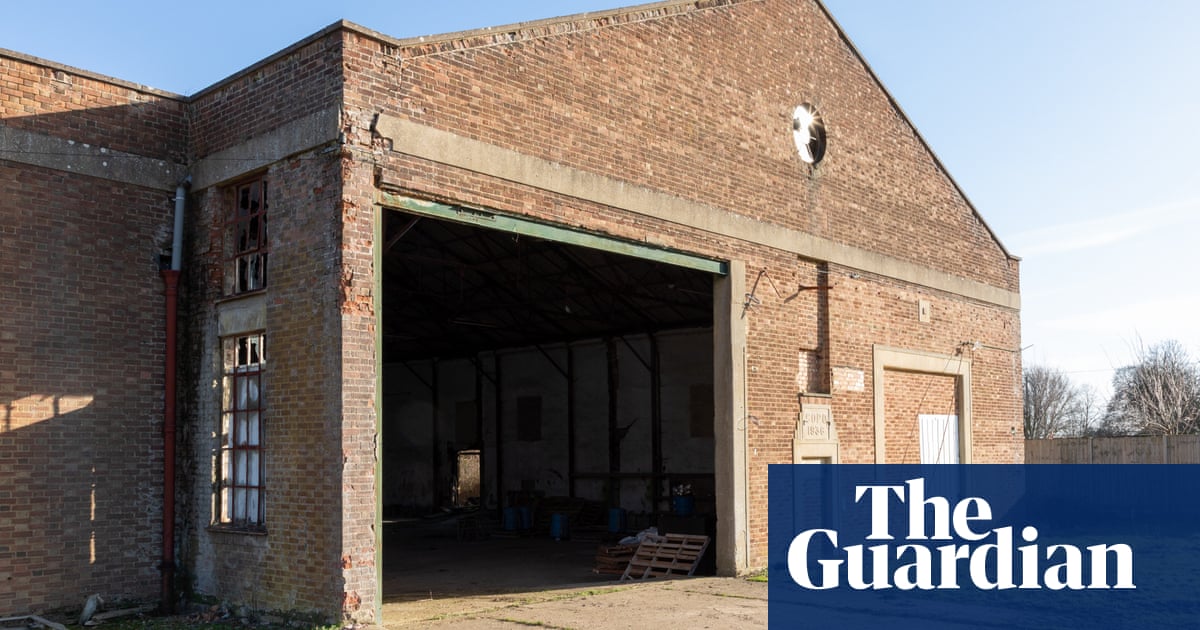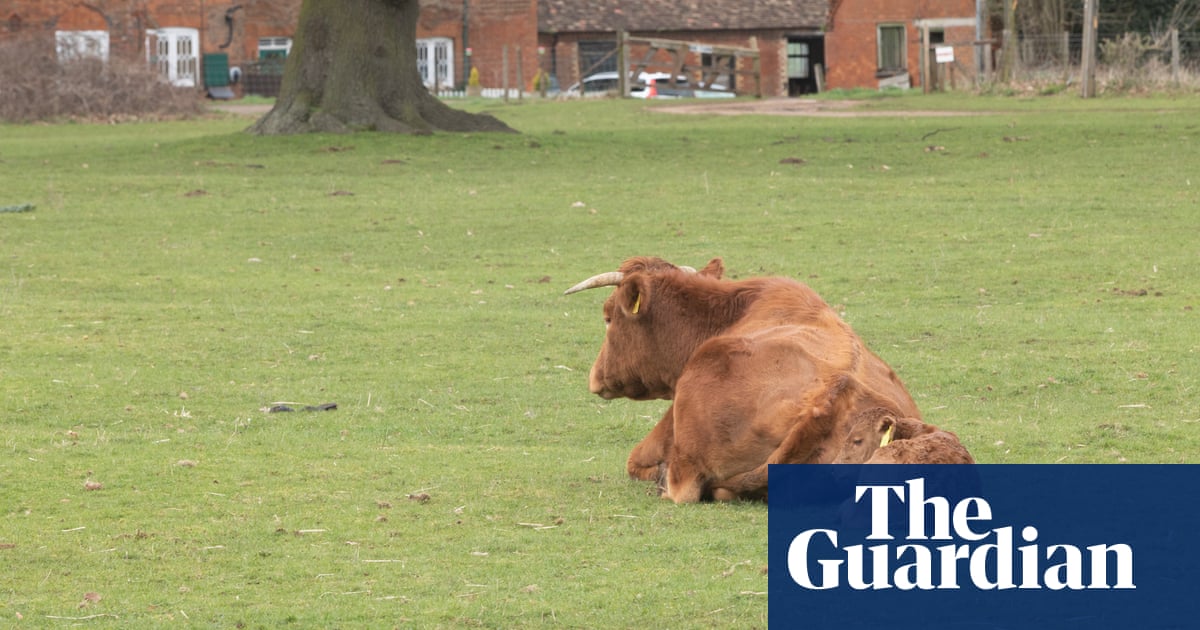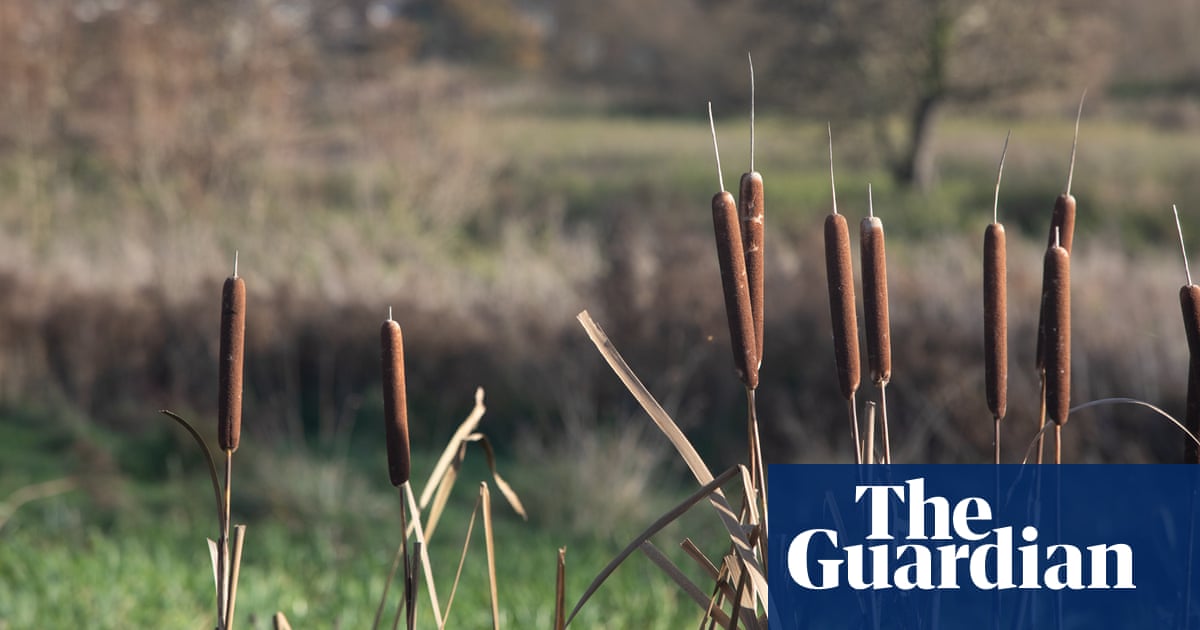
Apolice officer was spotted shortly after daybreak, climbing the fence out of the riverside meadow, throwing her leg over as if she were dismounting from a horse. What on earth were you doing in there? I thought, but dared not ask. She answered my raised eyebrows: “Chased after a suspect last night and dropped my purse. I can’t find it anywhere.” I had somewhere I needed to go and resolved to look myself later. Eleven years on, later is a long time coming.
Back then, I was a “lookerer” (volunteer) at White’s meadow, an assistant watcher over a flock of Southdown sheep. The meadow bloomed that spring with celandine and lady’s smock, and the owner talked of managing for biodiversity. But persistent incursions by people and their free-roaming dogs drained his enthusiasm, and when two sheep were savaged he took his flock elsewhere.
Over 11 summers since, the field has been left largely to itself, but for a hedge planted alongside the path. A grazed meadow has become what is often disparagingly called rank grassland. It’s true that the pink ladies and yellow stars disappeared a long time ago. And nettles, docks, thistles and brambles dominate over tussocky, matted grass that has knitted an impermeable blanket over much of the ground. But is it any better or worse for wildlife? I’ve never yet seen dog or human venture through the barrier of prickly, stinging, barbed vegetation. There may be otters or deer lying up here by day. Who would know?
Marsh and meadow species compete for dominance on this flood plain that is becoming inundated more frequently, and wetland plants are using topography to establish a damp root-hold. The feathery tops of sweet reedgrass cut a diagonal slash along the course of an ancient river channel. And in the deep sumps at opposite ends, the wettest spots of the meadow, thickets of reedmace are burgeoning, the tubular dark brown seedheads exploding into raggedy fluff, like the loose wool between an old ram’s legs.
A wren flits from stem to stem. Is it flighting over still-hidden treasure, a copper’s long-lost coppers?






